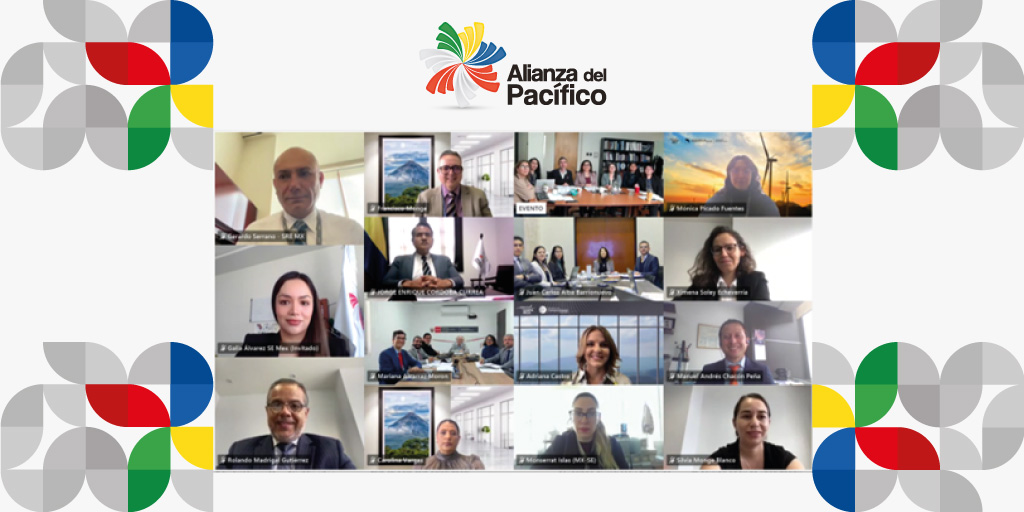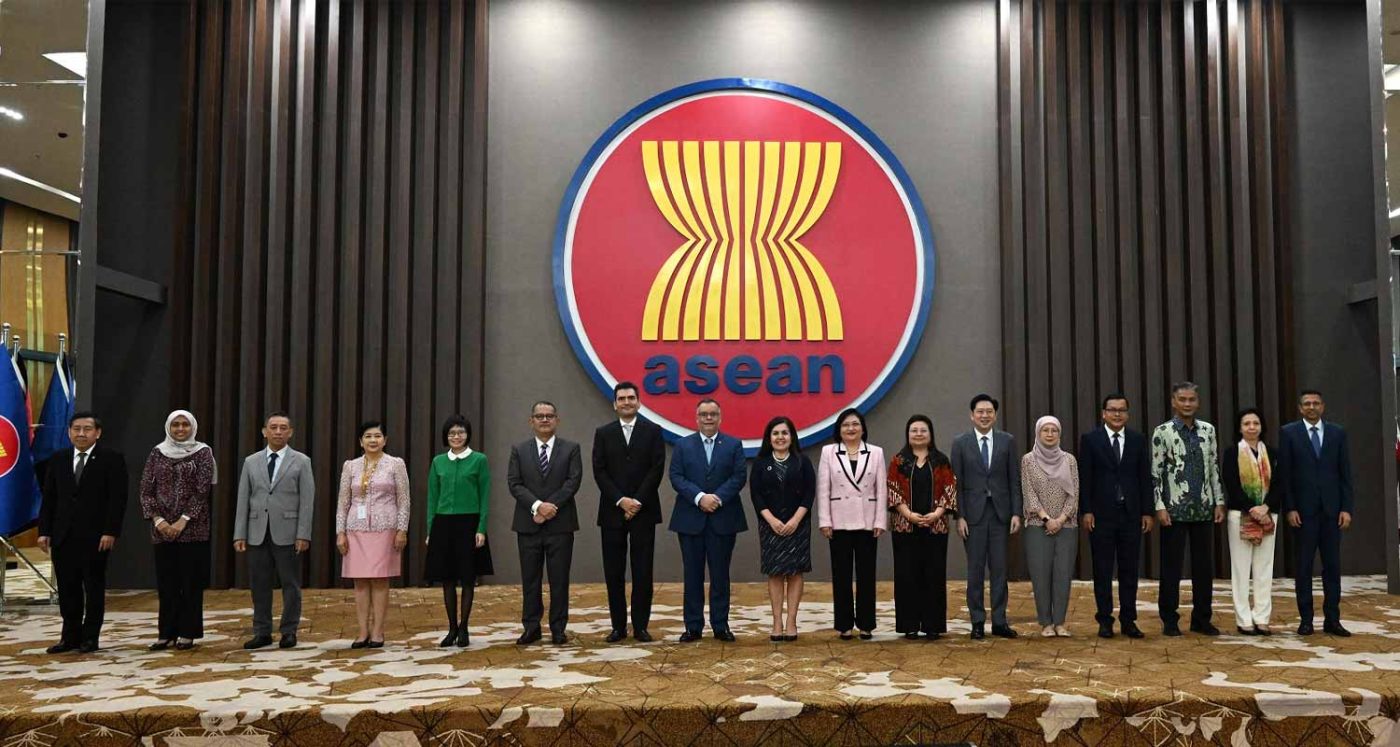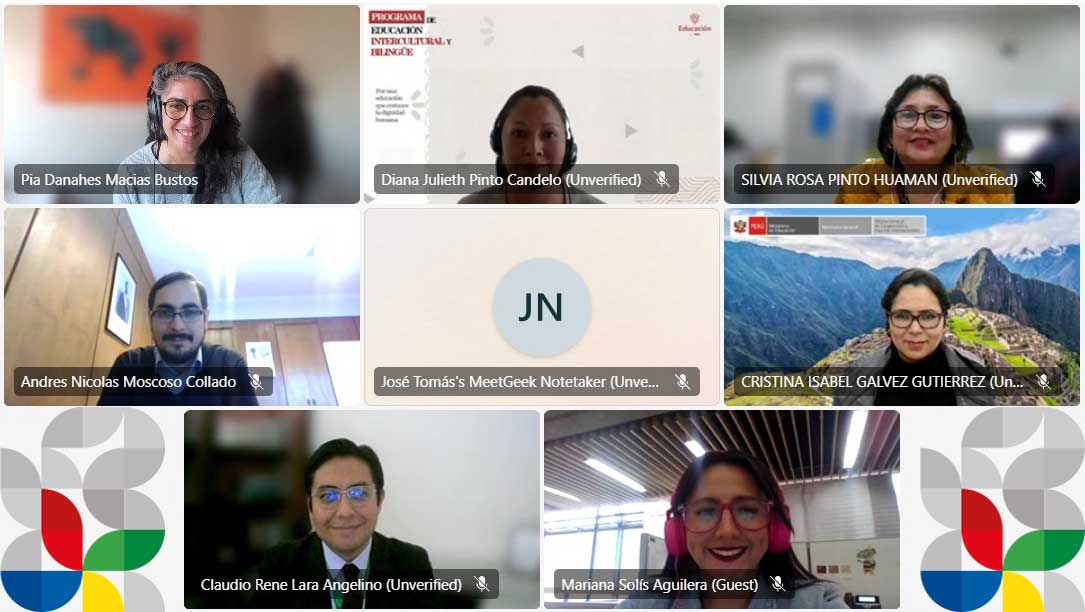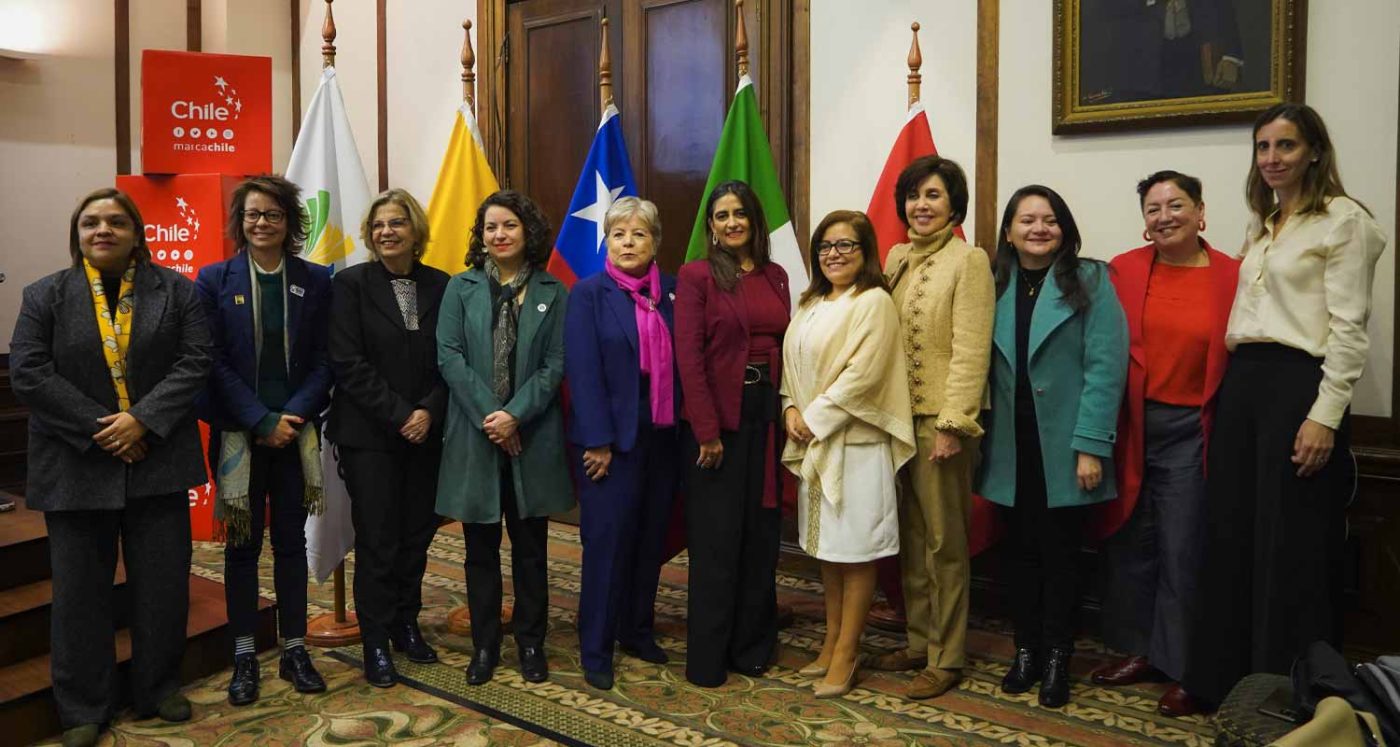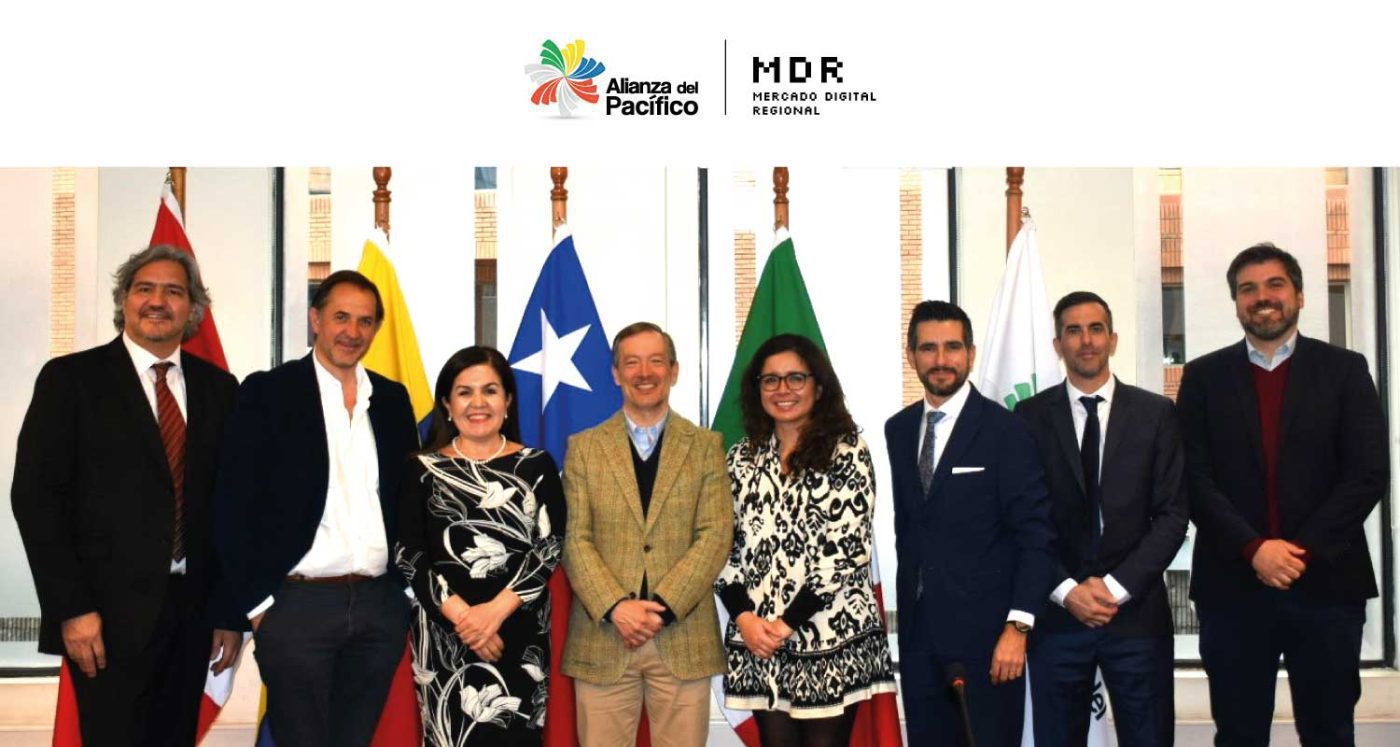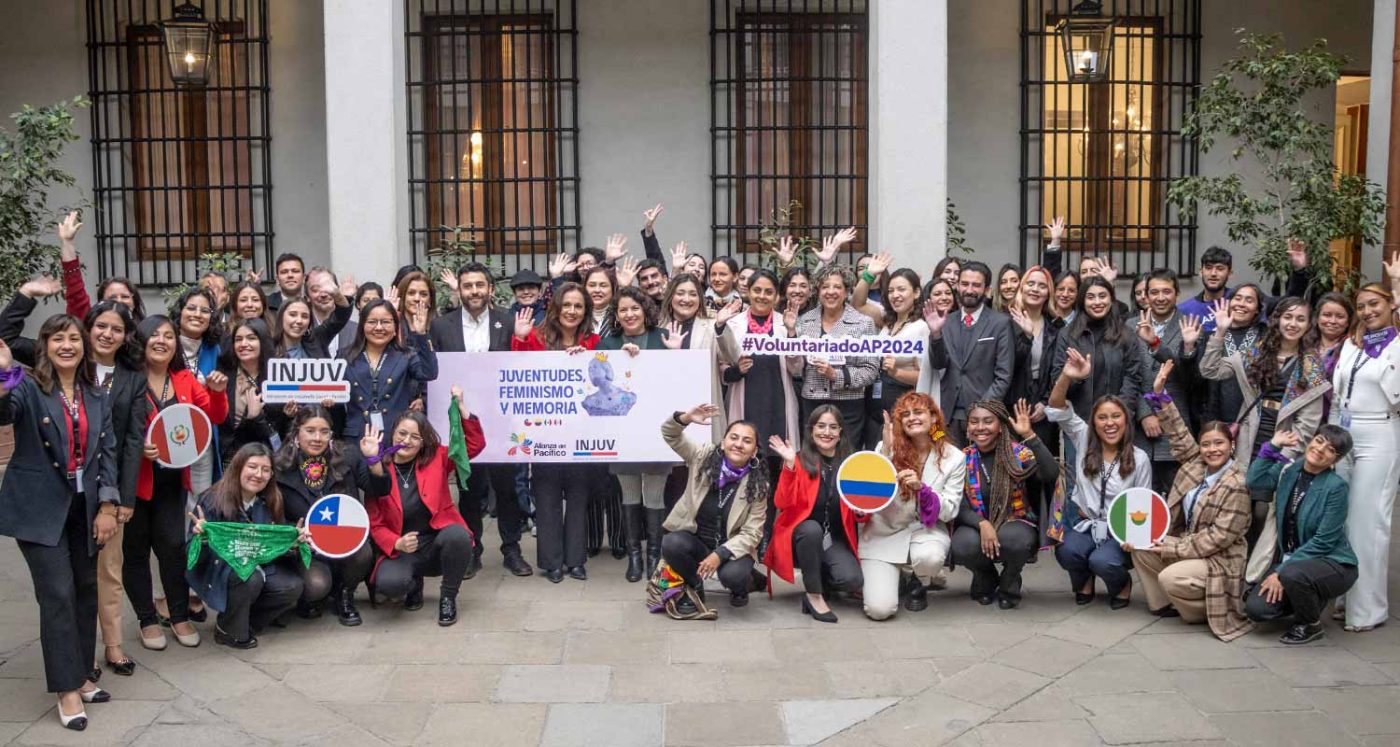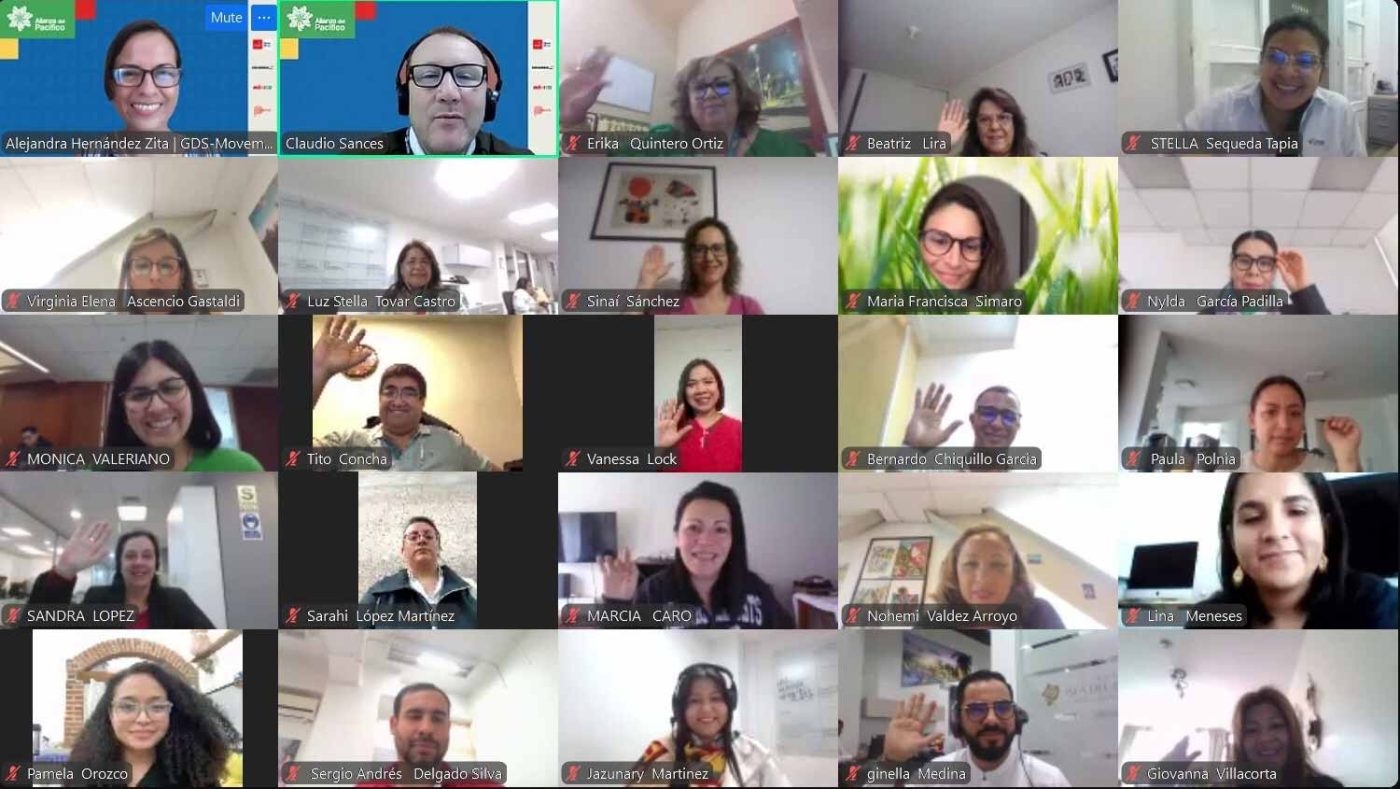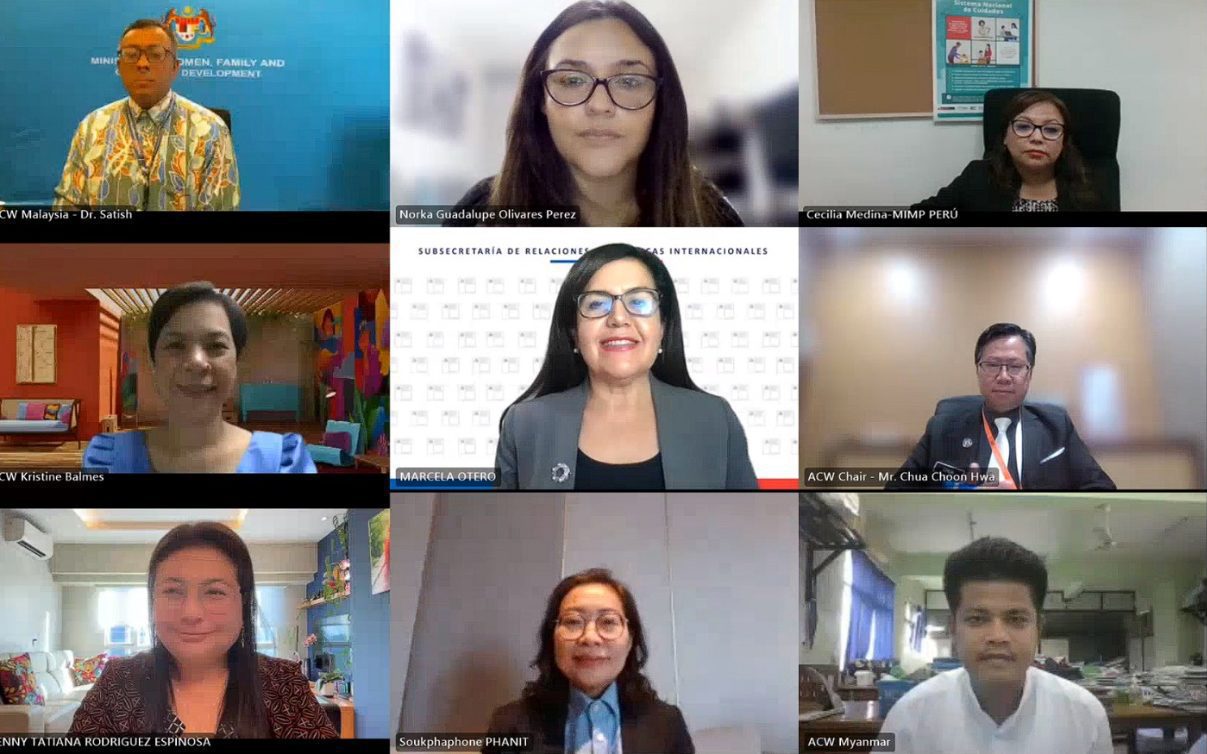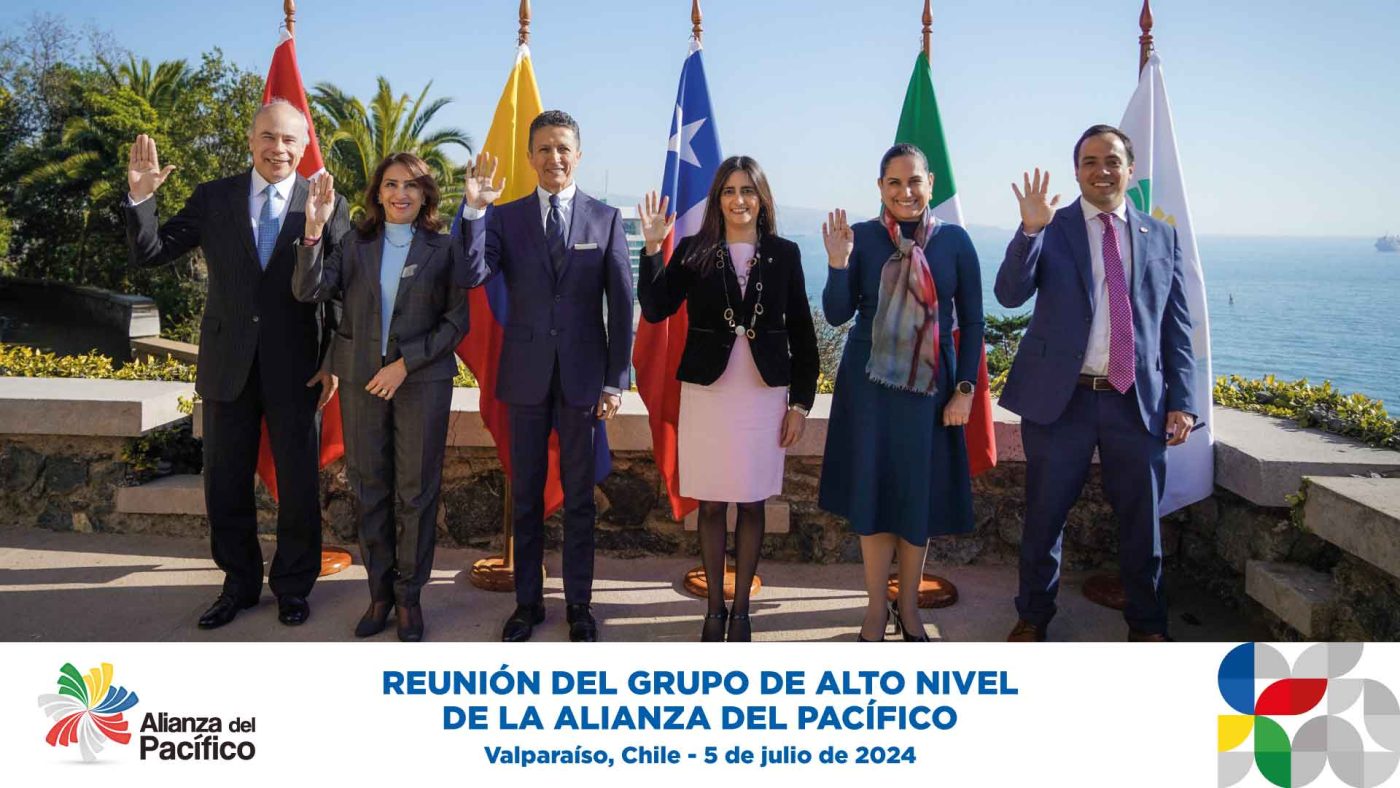- The three-day event was successfully concluded, where 102 exporters from Chile, Colombia, Mexico and Peru had the opportunity to show their products to 52 importers from PA countries and markets such as North America, Europe and Asia.
July 11, 2024.- The XI Pacific Alliance (PA) Business Macro-Round, which took place between July 1 and 4 in Santiago, Chile, concluded successfully after three intense days of networking and business roundtables.
This commercial activity, which brought together exporters and importers from Chile, Colombia, Mexico and Peru, as well as the United States, the United Kingdom, South Korea, Japan, Denmark, Sweden and Italy, once again demonstrated the bloc’s potential for economic and commercial cooperation.
During this event, 154 participating companies held 538 business meetings, with business projections estimated at US$ 55 million. The 102 registered exporters from the four participating countries had the opportunity to present their products to 52 interested importers, thus opening up new possibilities for intra-regional trade as well as trade with other markets in North America, Asia and Europe.
The general director of ProChile, Ignacio Fernández -whose institution leads the Technical Group of Promotion Agencies of the PA- together with the Undersecretary of International Economic Relations, Claudia Sanhueza, headed the Chilean delegation.
Representatives from PromPerú, ProColombia and the Mexican Ministry of Economy also participated actively, underlining each country’s commitment to strengthening the Pacific Alliance.
Ignacio Fernández, general director of ProChile -the General Directorate of Export Promotion under the Chilean Foreign Ministry- highlighted that “the results of this Pacific Alliance Business Macro-Round show that this type of platform is important for the bloc’s exporting companies and, especially, for SMEs. This year we saw a remarkable interest from international buyers in search of innovative and sustainable products, which reflects current trends in the global market, and where Chile and the other PA countries have a high value-added offer that can be internationalized thanks to intra-regional and international trade”.
The participation of PromPerú, ProColombia and the Ministry of Economy of Mexico was crucial for the success of the macro-round and for the fulfillment of the objectives set this year by the Pacific Alliance, which focus on supporting the increase in productivity, sustainability and inclusiveness of these countries, as well as incorporating micro, small and medium-sized enterprises to intraregional and international trade.
To reinforce these commitments, this macro-round-which had the slogan “Road to a sustainable offer”- included a discussion on “Advances and challenges in the Pacific Alliance” on issues of sustainable exportable supply, moderated by Nicolás Millán (co-founder of GetFair, a SaaS that allows measuring, analyzing and tracing impact under ESG standards) and where four PA SMEs were able to present their experiences.
The president of ProColombia, Carmen Caballero Villa, comments that “Colombia, as a megadiverse country, has great potential to become a major supplier of sustainable agro-industrial products. For this reason, ProColombia celebrated the participation of Colombian exporters of coffee, processed fruit, cosmetics and containers and packaging. It is important to highlight that sustainability was the main focus of the Pacific Alliance Macro-round, in which, apart from the business roundtable, we had a significant space to present our proposals to invited buyers from countries such as Korea, India, the United States and Canada. This generated a deeper vision of the offer of Colombia, the Country of Beauty, as a bloc, awakening considerable interest in strengthening trade relations”.
Claricia Tirado, executive president of PROMPERÚ, comments that “the Pacific Alliance Business Macro-Round has been a clear example of the successful collaborative work between our agencies. This event has not only strengthened trade ties between Chile, Colombia, Peru and Mexico, but has also facilitated a fruitful exchange of appointments and business opportunities. The participation of 15 Peruvian exporters, who positively represented the Peruvian supply of food, clothing and inputs for the industry, has significantly reinforced the expectations of many companies to scale their ventures and enable their products to participate in value chains at the international level.
For her part, the Ambassador of Mexico in Chile, Dr. Laura Moreno Rodríguez, shared that “Mexico has 14 free trade agreements with the world and the Pacific Alliance represents a trading partner that strengthens Mexican foreign trade. The XI Pacific Alliance Business Macro-Round has been an important platform for B2B business linkages; a space of maximum use for the important presence of Mexican companies. The Ministry of Economy, in coordination with the Embassy of Mexico, participated as operational representatives in the Technical Group of Promotion Agencies of the PA. We shared strategic information for doing business, showcasing success stories of young entrepreneurs, guiding and approaching companies according to their focal interests in Mexican products, linking businessmen to other markets; increasingly creating more business opportunities with importing and entrepreneurial companies that appreciate the quality of Mexican products.
Activities of the Pacific Alliance Promotion Agencies Group
The Pacific Alliance Promotion Agencies Group will continue its activities this year 2024, under Chile’s pro tempore presidency of the bloc.
In November, the XI version of the Pacific Alliance Entrepreneurship and Innovation Forum LAB4+ will be held between November 21 and 23 together with EtM Day, which will seek to enhance the impact of this initiative and make the link with the entrepreneurship and innovation ecosystem part of the DNA of companies, contributing to generate a cultural change in the countries of the Alliance.
The activity will take place in Santiago de Chile and is expected to bring together more than a hundred companies from the PA, seeking to enhance the impact of this regional bloc through European observers interested in the supply of services and technological innovations of the companies.

